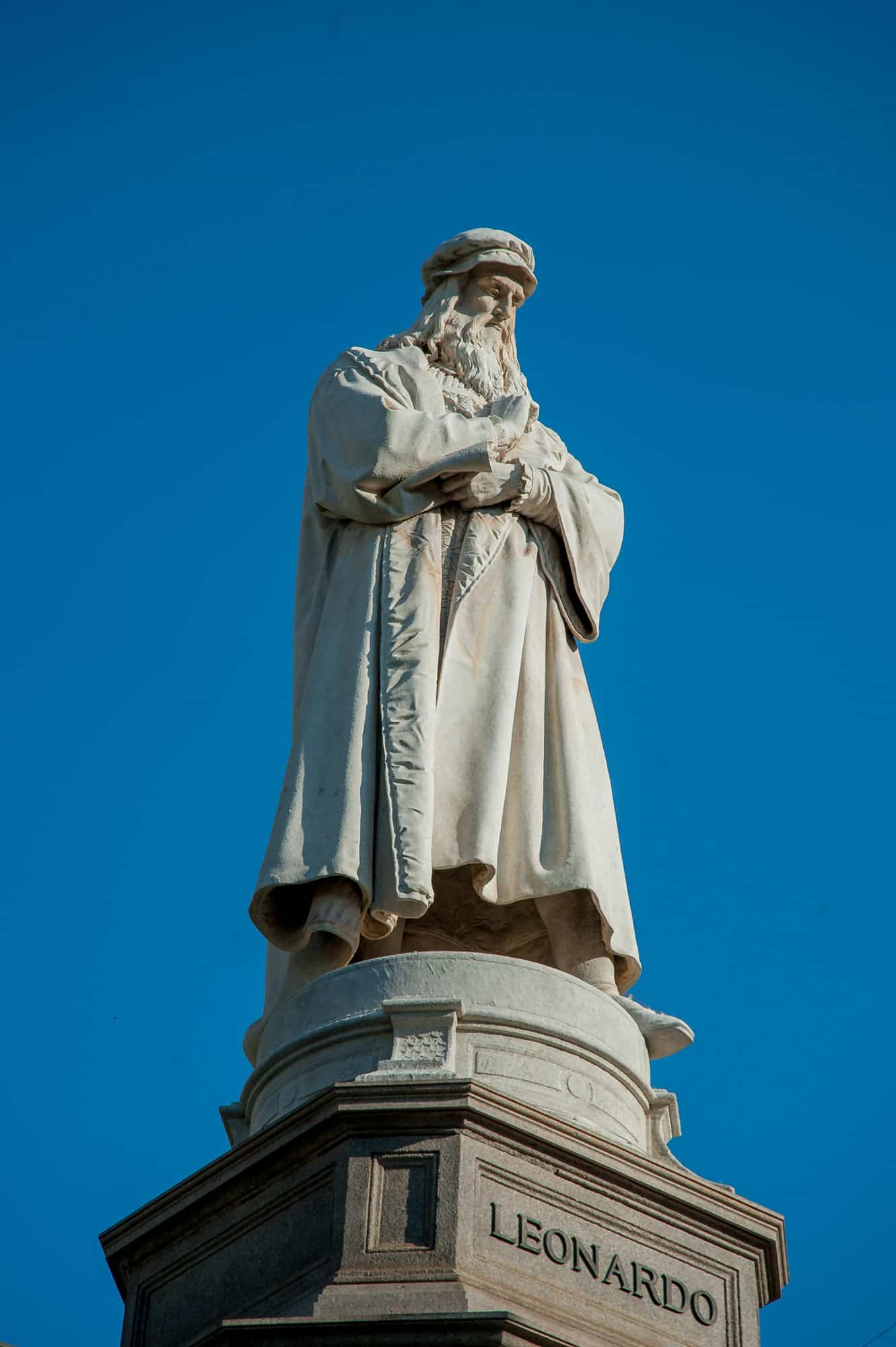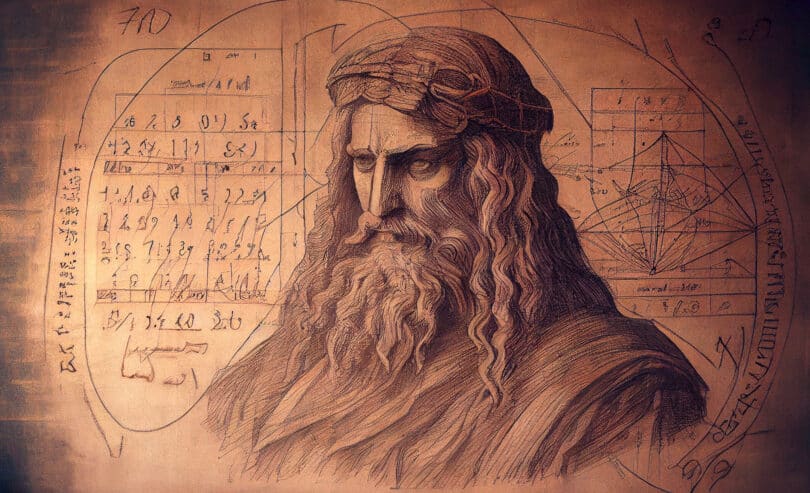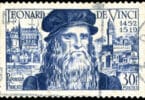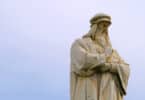Leonardo da Vinci, the quintessential Renaissance man, was not only a renowned artist, inventor, and scientist but also a linguist. In this article, we delve into the languages spoken by this legendary polymath, providing a comprehensive analysis of the evidence surrounding his linguistic abilities.

The Native Tongue: Italian
Born in Vinci, a small town in the Tuscan region of Italy, Leonardo’s native language was Italian. Throughout his life, he primarily spoke and wrote in Italian, specifically in the Tuscan dialect. This dialect later evolved into modern standard Italian, thanks to the widespread influence of prominent writers like Dante Alighieri, Petrarch, and Boccaccio. Leonardo’s numerous notebooks, filled with sketches and scientific observations, are predominantly written in Italian.
Latin: The Language of the Learned
Latin was the lingua franca of scholars, intellectuals, and the Catholic Church during the Renaissance. Leonardo, like many of his contemporaries, learned Latin as part of his education. However, his Latin proficiency was not as exceptional as his other talents. Leonardo’s writings suggest that he had a functional understanding of Latin, but he might not have been fluent in the language.
Despite his moderate Latin skills, Leonardo was able to access and comprehend essential scientific and philosophical texts. His notebooks contain Latin phrases and annotations, indicative of his familiarity with the language.
The Enigmatic Greek
Greek was another language that Leonardo likely encountered during his education. Although some scholars speculate that he might have had some knowledge of Greek, evidence supporting this claim is scarce. In one of his notebooks, Leonardo admitted to not having a strong grasp of the language. It is unclear how much, if any, Greek he understood, and there is no definitive proof that he ever wrote in Greek.
French: The Language of his Final Years
Leonardo spent the last years of his life in France, under the patronage of King Francis I. It is reasonable to assume that he would have picked up some French during his time in the country. However, there is no concrete evidence that he ever wrote or achieved fluency in French. His notebooks and correspondence from this period continued to be in Italian.
Conclusion: A Polymath’s Linguistic Legacy
In summary, Leonardo da Vinci was primarily a speaker of Italian and Latin, with a possible, albeit limited, understanding of Greek and French. His linguistic abilities, while not as extraordinary as his other accomplishments, still reflect the diversity and richness of the Renaissance era. Leonardo’s influence on art, science, and culture is immeasurable, and his linguistic legacy is just one facet of his multidimensional genius. By exploring the languages spoken by Leonardo da Vinci, we gain a deeper understanding of the man behind the legend, further appreciating the many facets of his extraordinary mind.








Leave a Comment